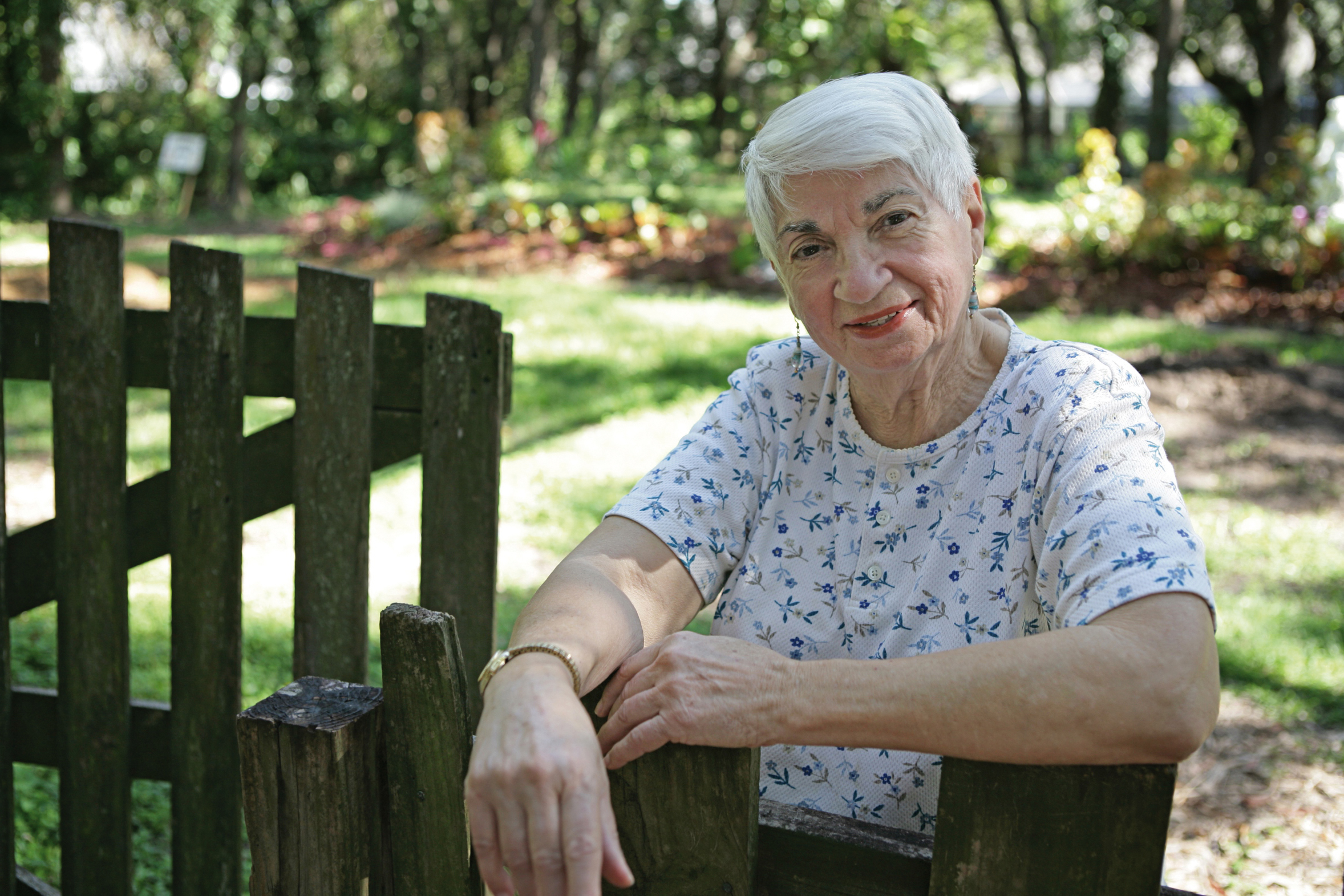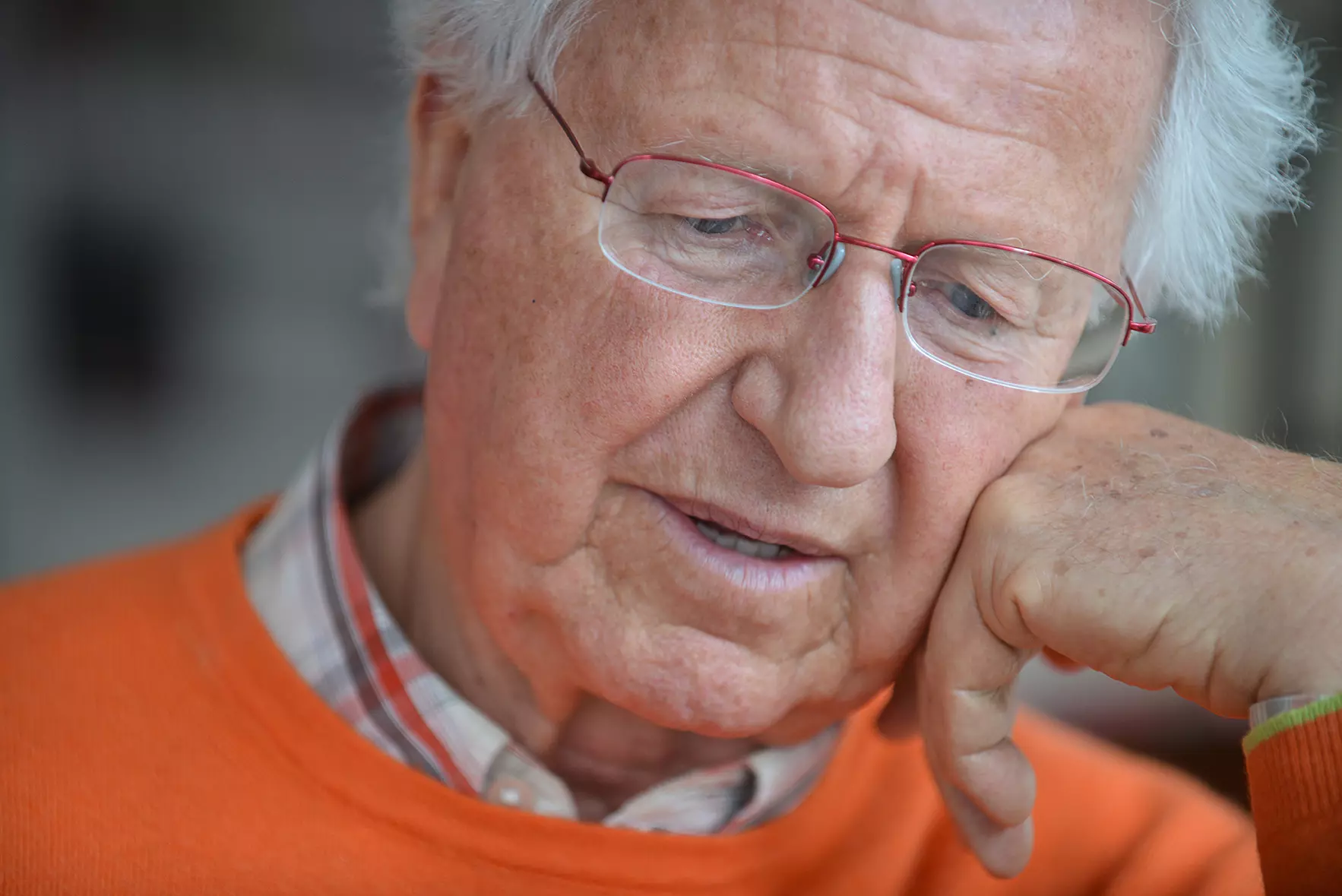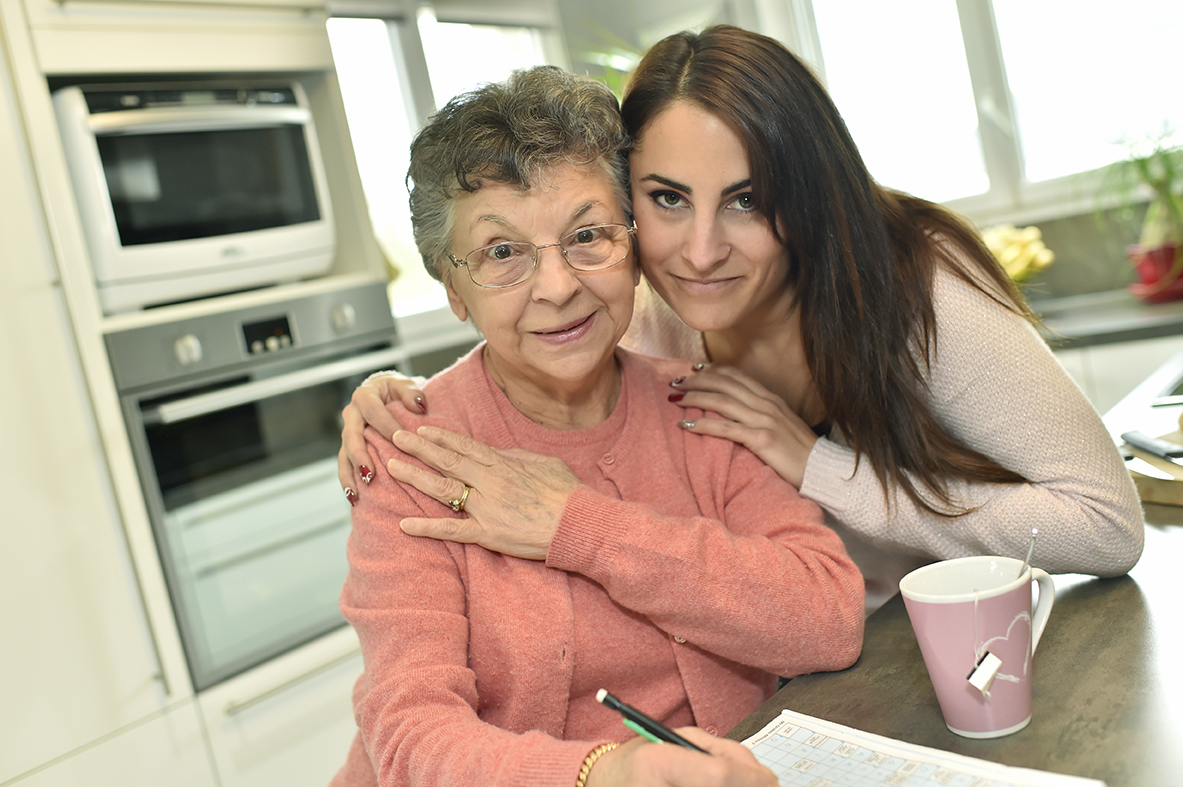
Dementia affects memory, communication, reasoning and emotional stability in complex ways. While there is no cure, specialised activities and therapeutic approaches can help maintain abilities for longer, support emotional wellbeing, and provide a sense of identity and connection.
In nursing homes, these activities are tailored to the stage of dementia and the individual’s personal history, preferences and remaining strengths. The goal is not to “restore” memory, but to stimulate cognitive pathways, reduce anxiety and preserve dignity and joy in daily life.
Why Activity-Based Care Matters
Daily activities play a central role in dementia care because they:
- Structure the day and provide a sense of routine
- Encourage mental stimulation and recall
- Support motor skills and coordination
- Reduce feelings of isolation and anxiety
- Promote social engagement and emotional connection
Meaningful activity is one of the most important contributors to quality of life in long-term dementia care.
Find YOUR ideal care home NOW!
Key Activities and Therapies Used in Dementia Nursing Homes
| Activity / Therapy | Description | Primary Benefits |
|---|---|---|
| Reminiscence Therapy | Use of personal photos, music, familiar objects or conversation prompts based on past life events. | Strengthens identity, supports memory recall, encourages conversation. |
| Music Therapy | Listening to favourite songs, group singing, or rhythmic movement to music. | Reduces agitation, improves mood, stimulates emotional memory. |
| Art & Creative Expression | Painting, collage, clay work or guided craft activities. | Encourages self-expression, enhances focus, reduces stress. |
| Gentle Exercise & Movement | Chair-based exercises, stretching, walking groups, light dancing. | Maintains mobility, improves circulation, boosts balance and confidence. |
| Sensory Stimulation | Textured fabrics, scent boxes, tactile objects, familiar aromas. | Supports awareness and comfort, helps reduce anxiety or withdrawal. |
Activities and therapies that support cognitive function in dementia nursing homes
What families should know
Dementia nursing homes often include specialised activities and therapies to help maintain cognitive function, engagement and quality of life.
- Memory-stimulating programmes: Designed exercises that focus on recall, orientation and meaningful reminiscence.- Occupational therapy: Activities that promote daily functioning and preserve independence where possible.
- Music and art sessions: Creative therapies that stimulate cognition and emotional wellbeing.
- Gentle physical activity: Movement classes or light exercise to support overall brain health.
These activities, combined with skilled care, can help residents stay engaged and maintain cognitive abilities for longer.
Find dementia nursing homes with cognitive supportFree guidance • No obligation
Personalisation: The Most Important Element
The most effective dementia care activities are individualised. What works well for one person may not work for another. Tailoring activities to:
- Former hobbies
- Music tastes
- Family stories
- Cultural background
- Personality and daily rhythms
ensures that the activity feels meaningful rather than mechanical.
For example, someone who loved gardening may find calm and purpose in tending plants indoors or arranging flowers, while another may respond strongly to familiar classical or folk music.
The Role of Skilled Staff
Skilled dementia care professionals are trained to:
- Adjust activities depending on mood or fatigue
- Recognise signs of overstimulation
- Use reassuring verbal and non-verbal communication
- Encourage participation without pressure or correction
Their approach is gentle, supportive and designed to preserve confidence. The success of the activity is not measured by performance, but by comfort, engagement and emotional connection.
How Families Can Be Involved
- Share stories, photos and music that hold significance
- Visit during activity sessions to participate together
- Encourage familiar routines when visiting
- Bring personal objects associated with happy memories
Family involvement strengthens continuity and emotional safety during the dementia journey.
FAQ
Do activities really help slow dementia progression?
They cannot stop progression, but they can help maintain cognitive abilities, reduce anxiety and improve emotional wellbeing.
Can people with advanced dementia still participate?
Yes. Activities are adapted to focus on sensory comfort, gentle rhythm and emotional connection rather than cognitive performance.
Why is routine important in dementia care?
Routine reduces anxiety, supports orientation and provides stability in a world that may feel confusing.
Are group activities or one-on-one activities better?
Both are valuable. Group sessions encourage connection, while one-on-one time can provide calm, personalised engagement.
Can families continue activities during visits?
Yes. Continuing familiar routines helps strengthen connection and comfort.
Need help finding a care home?
Senior Home Plus offers free personalized guidance to help you find a care facility that suits your health needs, budget, and preferred location in the UK.
Call us at 0203 608 0055 to get expert assistance today.
Search for Care Homes by Region
| East Midlands | Eastern | Isle of Man |
| London | North East | North West |
| Northern Ireland | Scotland | South East |
| South West | Wales | West Midlands |
| Yorkshire and the Humber |
You are looking for a care home or nursing home for your loved one ?
Share this article :
Latest posts
You are looking for an establishment for your loved one ?
Get availability & prices
Fill in this form and receive
all the essential information
We would like to inform you of the existence of the opposition list for telephone canvassing.







.jpg)

